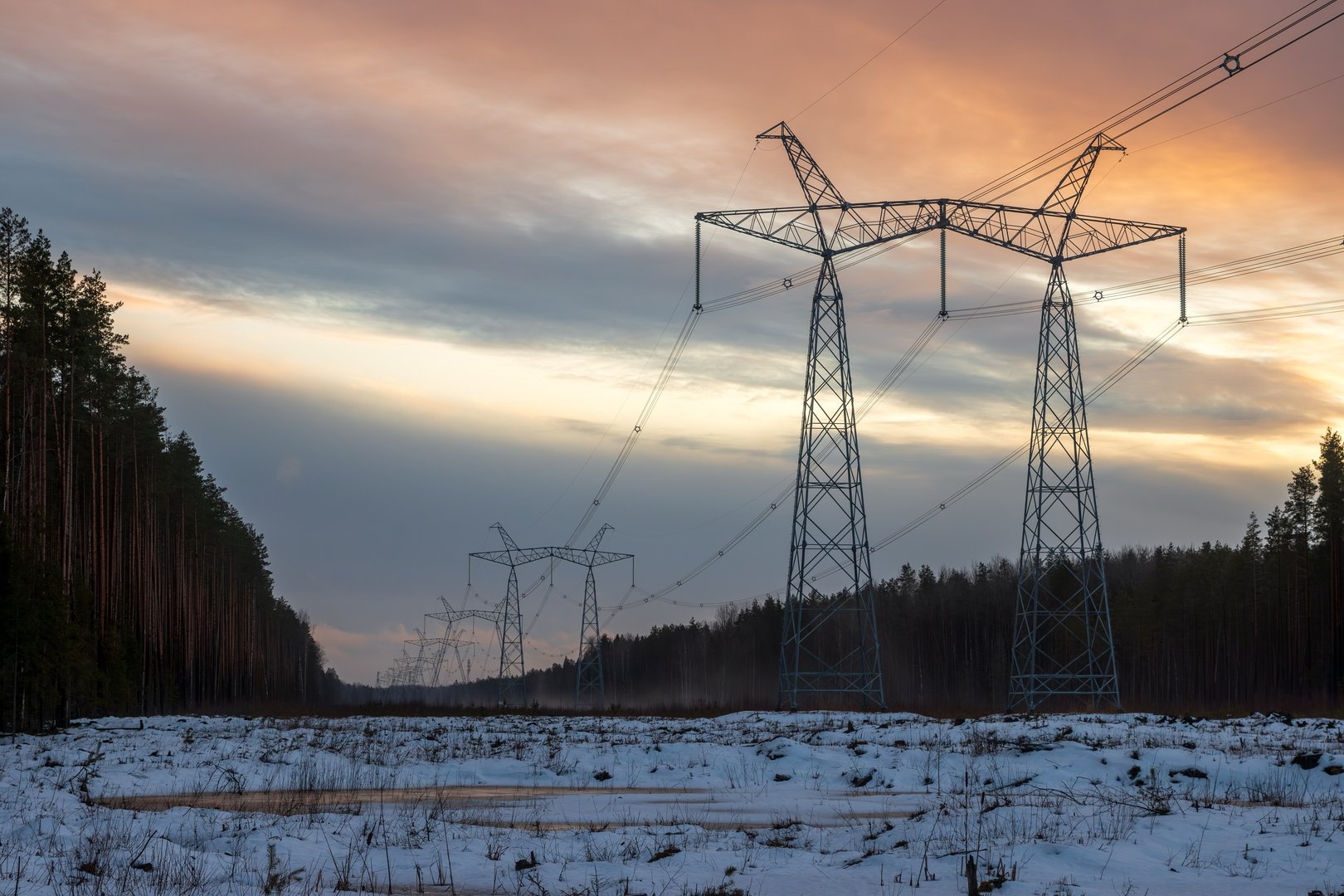A Turning Point for Renewable Supply Chains? Unpacking the Great British Energy Amendment

In a move that could reshape the UK’s renewable energy sector, Energy Secretary Ed Miliband has announced a significant amendment to the Great British Energy (GBE) Bill. The change will prohibit the new publicly owned energy company from sourcing solar panels, wind turbines, and batteries linked to forced labour—particularly those involving supply chains in China’s Xinjiang region.
While the immediate aim is to present GBE as a leader in ethical energy production, the wider implications of this amendment could be profound. What starts as a constraint on a single public body may evolve into a defining precedent for the entire renewables industry.
Political Pressure and Policy Repositioning
The announcement follows sustained political pressure, not least from Conservative backbenchers and human rights campaigners. Last month, Labour MPs were whipped to reject a similar amendment in the House of Lords, only for the government to now back a near-identical proposal. The shift is as much about political positioning as it is about ethics—demonstrating responsiveness to cross-party demands and tackling Labour’s perceived ambiguity on China.
The focus on Xinjiang, home to around 45% of the world’s solar-grade polysilicon, brings ethical sourcing into direct conflict with current supply chain realities. The UK imports more than 40% of its solar PV modules from China. Changing that dependency will require not just policy change, but a rethink of how – and where – renewable infrastructure is built.
Direct Impacts: Setting a Precedent for Ethical Procurement
Although the amendment targets only GBE, it could create a ripple effect across the energy sector. Publicly funded entities are often used as standard-setters, and expectations around ethical procurement could soon extend to private firms—either through regulatory updates, investor demands, or contractual obligations in public tenders.
This shift dovetails with broader legislative movements such as the Procurement Act 2023, which places greater emphasis on transparency and modern slavery compliance. The GBE amendment, in that context, may not be a one-off—but the beginning of a more systemic shift in the UK’s approach to clean energy procurement.
Indirect Effects: Rethinking Supply Chains and Strategic Autonomy
If this amendment triggers a wider re-evaluation of supply chains, the sector may be pushed to reduce its reliance on Chinese components. That means building new relationships with European manufacturers, investing in domestic production, and accelerating innovation in areas like solar thermal and heat networks.
However, any move away from China comes at a cost. Alternatives are more expensive, and scaling up capacity will take time. Developers may face project delays and budget revisions. But in the long term, this could offer greater resilience—particularly as geopolitical volatility grows and ethical expectations harden.
Geopolitics and Market Reaction
The timing also intersects with increasingly strained UK-China relations. Some in Bejing have condemned the amendment as politically driven, raising the risk of retaliatory action. With China holding a dominant position in rare earth mineral supply chains, this could have unintended consequences beyond solar—potentially affecting batteries, wind, and digital infrastructure.
Simultaneously, pressure is mounting from the financial sector. Major investors are demanding disclosure on exposure to Xinjiang-linked suppliers, and NGOs are calling for mandatory due diligence laws, following the EU’s lead. Ethical procurement is no longer just good practice—it’s becoming a benchmark for investment-worthiness.
What Comes Next?
The GBE amendment may be the first formal step in a broader reform agenda. Future developments could see CfD auctions tied to ethical sourcing standards, enhanced enforcement under the Modern Slavery Act, or even guidance for local authorities embedding human rights into procurement decisions.
For the renewable sector, this is a pivotal moment. A growing alignment between climate policy, human rights, and national security means the ground is shifting fast. Navigating that change—and staying ahead of it—will be critical for companies hoping to lead in the UK’s energy transition.
This is not just about what GBE can or can’t buy. It’s about setting the terms for an ethical Net Zero—and what that means for every player in the sector.
Read more like this

UK Electricity Networks and Winter Resilience
.jpg)
Turning Vulnerability into Resilience: The UK’s Critical Minerals Challenge

Climate Change: Misinformation and the Role of AI

A Turning Point for Renewable Supply Chains? Unpacking the Great British Energy Amendment
.jpg)
